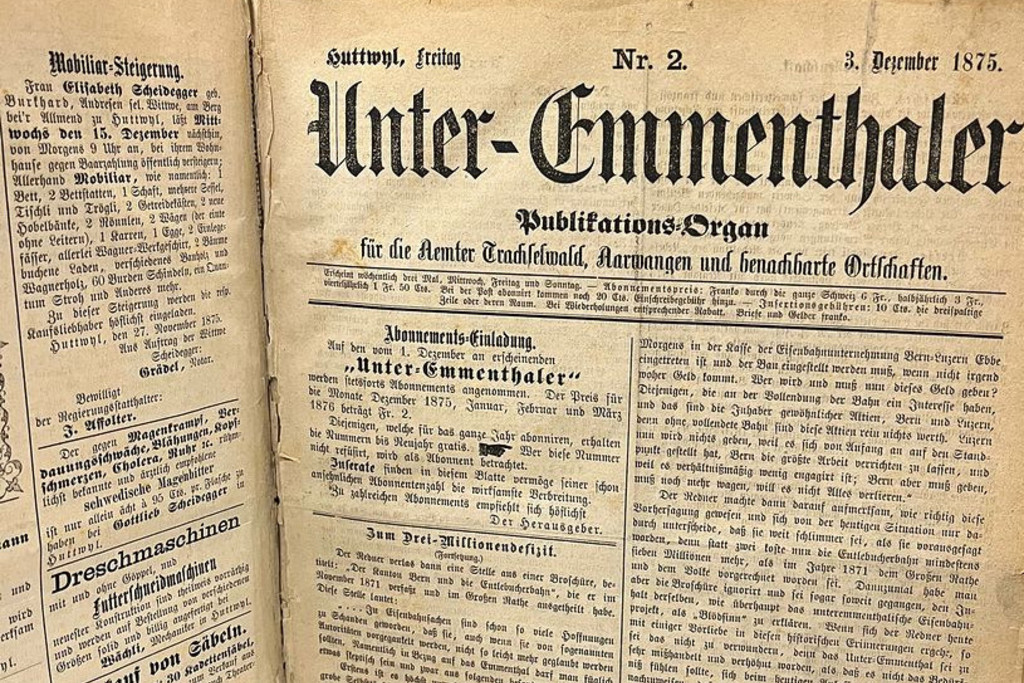The airline Swiss is also showing record results, with demand for flights up by 12 per cent in the first half of this year (8.5 million passengers). Making up for the mandatory break imposed by Covid? Markus Flick, media spokesperson for traditional Swiss travel agency Kuoni, calls it a “normalisation”, since Covid was a few years ago now.
Just as before, the most frequent destination for Swiss travellers is Europe. This is shown by the latest figures from the Federal Statistical Office. In December and over the new year, however, long-haul flights were more in demand; the Swiss are drawn to warmer climes. Kuoni media spokesperson Flick knows their favourite destinations: Phuket, the Maldives and Mauritius. The Dominican Republic, South Africa and – a little closer to home – Gran Canaria are also popular. Fortunately for travel agents, airlines have beefed their offer up again after having had to pare it down during the pandemic, says Flick. The winter half of 2024 could prove even better for Kuoni than 2023.
Higher flight prices being accepted
This newly awakened passion for travel is not unique to Switzerland: it is being observed all around the world. According to figures from the International Air Transport Association (IATA), flight traffic over the past year reached 94 per cent of pre-Covid levels and achieved an all-time high in July 2024. At the same time, flying has become more expensive, including in Switzerland. This is not due to any Swiss aeroplane ticket tax – that measure was rejected by Swiss voters in summer 2021, along with the rest of the CO2 Act – but because airlines have raised prices for the diminished offer available. Kerosene has also become more expensive, leading to air travel costing up to 30 per cent more in 2023. Prices in 2024 were still slightly higher than before the pandemic, in spite of a slight decrease.
Flying is not the only mode of transport on the up. Rail travel is also popular. Financing, however, for night trains in particular, is proving a challenge.
Many Swiss are willing and able to afford these prices. This is shown not least by the growing trend for independent travel, as travel agency Hotelplan has reported. Clients are looking for something special, whether they are travelling to the seaside or on city breaks. Package tours are also increasingly being tailored to meet clients’ needs, according to media spokesperson Muriel Wolf. However, this is true only to a certain extent for families: their holiday budget in 2024 is feeling the pressure of higher prices for accommodation and activities. Families are therefore often opting for travel with a set upper budget limit or for destinations that have not raised their prices since the pandemic. Somewhere like Tunisia, for example, where Hotelplan Suisse has witnessed a “two-digit increase in bookings”.














Comments